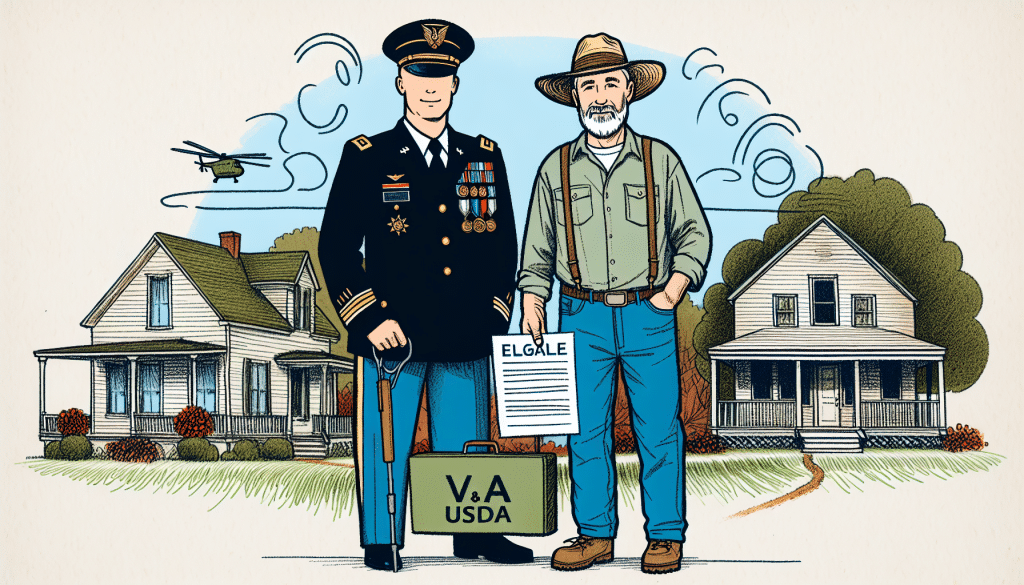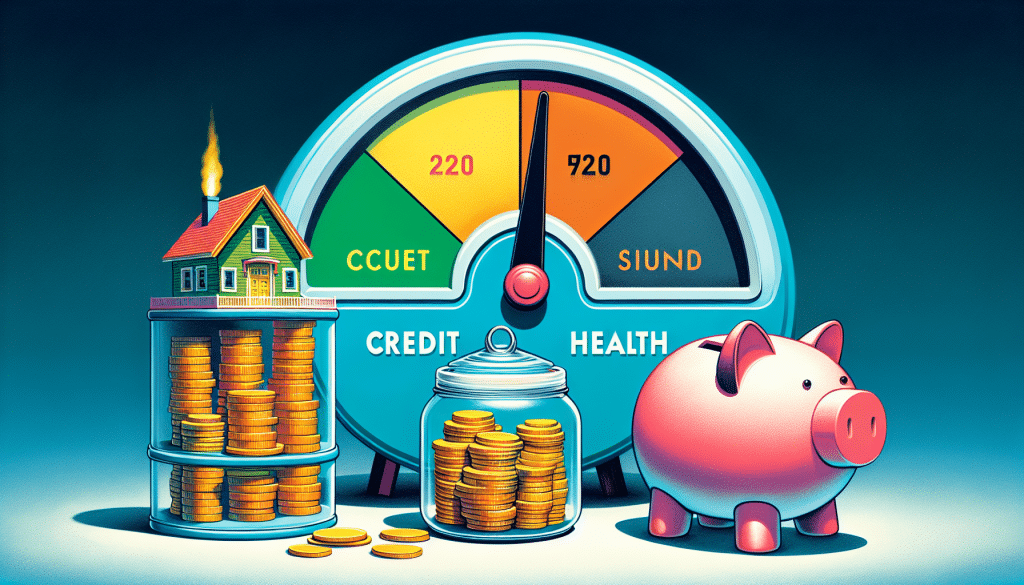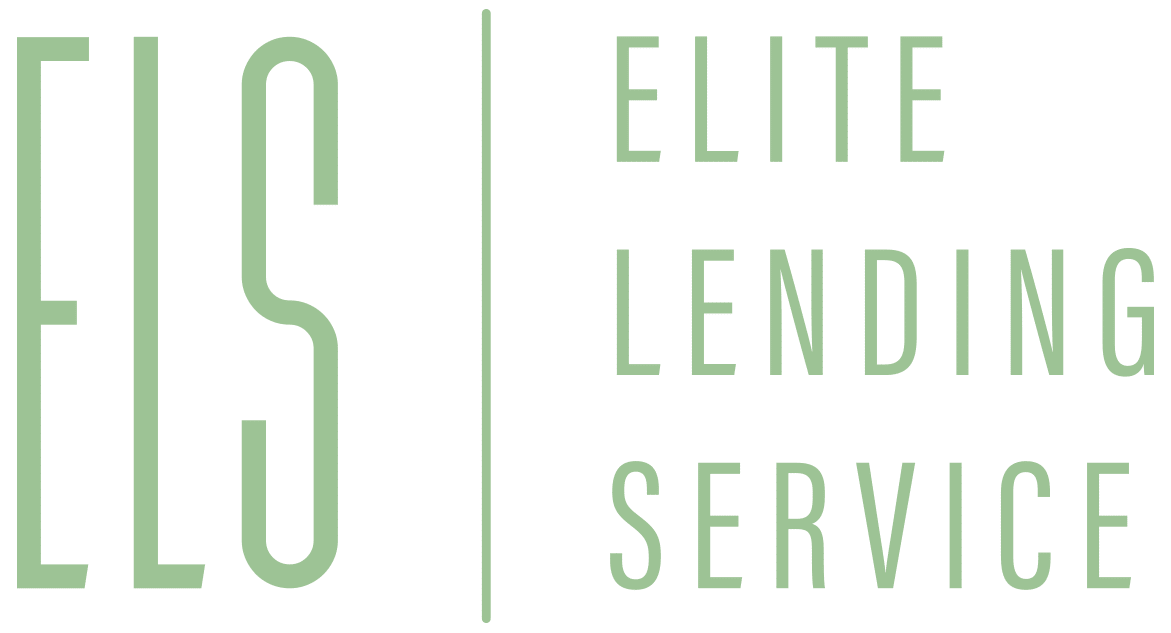What do you need to know to buy your first home without getting overwhelmed by the process? Clarity and preparation are key. This article cuts through the noise, gearing you up with critical insights—from weighing financial readiness to getting the keys in your hand and giving you expert tips to help you buy your first home. Real-world tips await to pave your path to homeownership, ensuring you embark on this exciting journey with your eyes wide open and your budget intact.
Key Takeaways
- First-time homebuyers can access various benefits such as tax credits, specialized loan programs, and lower entry points through FHA loans, which make buying a home more achievable.
- Financial preparedness is key when purchasing your first home, which includes building an emergency fund, managing debt wisely, and assessing your long-term financial stability to afford monthly payments.
- Understanding different property types and prioritizing essential home features, along with obtaining mortgage preapproval and collaborating with a real estate agent, can streamline the homebuying process and lead to a successful purchase.
Table of Contents
Understanding First-Time Homebuyer Benefits
Entering the real estate market for the first time might seem both exciting and intimidating. However, as a beginner, you qualify for numerous benefits that aim to make your first venture as effortless and cost-effective as possible.
Imagine reducing your taxable income through deductions for property taxes and mortgage interest, or even benefiting from President Biden’s mortgage relief credit proposal that includes tax credits for eligible middle-class homebuyers.
Yes, first-time homebuyers have a suite of advantages, including:
- Fannie Mae and Freddie Mac’s specialized loan programs offering grants and discounted rates
- Avoiding private mortgage insurance with a significant down payment
- Embracing FHA loans’ lower entry points at the expense of PMI charges
- Energy credits for making your home more energy-efficient
It’s a buffet of financial perks for first-time homebuyers.
Federal Housing Administration Loans
In the ocean of mortgage lending, you’ll come across Federal Housing Administration (FHA) loans. These serve as a safety net for those with imperfect credit scores or smaller savings for down payments. Picture this: you could qualify for an FHA loan with a mere 3.5% down if your credit score is at least 580. But it’s not just about getting through the door; it’s about doing so sustainably.
While fees and mortgage interest rates vary by lender, FHA loans are designed to keep monthly mortgage payments within reach by allowing the use of gift funds for down payments and offering down payment assistance, as well as lower credit score requirements. It’s about finding balance; a real estate agent can help you compare mortgage rates to ensure you don’t become house poor while chasing your dream house.
VA and USDA Loans

VA and USDA loans offer a unique opportunity to those who have served our country or those considering homes in rural areas, facilitating a smoother journey to home ownership. With VA loans, current military service members, veterans, and certain National Guard and Reserve members can enjoy the benefit of no down payment options and competitive interest rates.
Meanwhile, USDA loans extend a helping hand to those eyeing properties in eligible rural and suburban areas by offering a zero-down payment option and lower interest rates, making the countryside dream more attainable.
It’s an array of possibilities that cater to various lifestyles and needs, ensuring that everyone can find their place to call home through down payment assistance programs like VA and USDA loans, backed by the support of veterans affairs.
Assessing Your Financial Readiness

Starting the home buying process is a considerable financial undertaking. It’s more than just the home’s price—it’s about being prepared for this long-term commitment without jeopardizing your financial stability. Think of it like preparing for a marathon; you need to be in good shape to reach the finish line. Lenders look for good credit, consistent on-time bill payments, and a maximum debt-to-income ratio of 43%.
It’s about:
- playing the long game
- avoiding new debts
- delaying splurges like that plush new sofa until after you’ve secured your home
- setting a budget that accounts for all the hidden extras like property taxes and homeowners insurance.
Building an Emergency Fund
Before plunging into the home buying adventure, having an emergency fund covering three to six months of living expenses is crucial. This fund serves as a financial safeguard, ensuring stability during unforeseen expenditures or turbulent times. Emptying your piggy bank for a down payment without this cushion could leave you vulnerable to financial risks.
Besides, homeownership comes with its own set of surprises; from a leaky roof to a sputtering HVAC, it’s wise to save at least 1% of your home’s purchase price each year for maintenance and repairs.
Managing Debt and Improving Credit Score

Your credit score essentially acts as your financial grading system, and for securing a mortgage, the aim should be to achieve the highest grade. Checking your credit report can help you identify areas for improvement. Paying down existing debt not only polishes your credit score but also strengthens your preapproval chances for a mortgage. Lenders typically court borrowers with credit scores between 620 and 640.
If you’re debt-free, lenders that offer manual underwriting may be your best bet. Remember, it’s not about how much mortgage you can get—it’s about how much you can comfortably afford as a monthly payment without sacrificing your financial health or retirement savings.
Property Types and Features to Consider
Envision a quaint cottage with a white picket fence, a modish townhouse near your cherished café, or perhaps a roomy condo with a captivating view. The choices for first-time homebuyers are as varied and appealing as one can imagine. But it’s not just about the style of the home; it’s about making sure it fits your lifestyle and budget.
When listing priorities for your new abode, it’s crucial to distinguish between the must-haves and the nice-to-haves. And let’s not overlook the importance of location—crime rates, schools, and commute times are just as important as the number of bedrooms.
Single-Family Homes, Townhouses, and Condominiums
Deciding between a single-family home, a townhouse, or a condominium is a pivotal choice in the home buying process. Each offers a different lifestyle:
- A condominium might mean sharing walls and amenities but also enjoying a lower price point and less maintenance.
- Townhouses strike a balance with some shared elements and more space.
- Single-family homes offer the most privacy and room for personalization.
It’s about weighing the pros and cons, considering your long-term goals, and finding the right fit for your first home purchase.
Tips to Help You Buy Your First Home: Prioritizing Home Features

While house hunting, it’s easy to get swept away by a stunning kitchen or a lavish backyard. But it’s crucial to take a step back and consider the big picture. Opting for a less expensive home offers more room to build value and tailor it to your tastes. Sometimes, making concessions, like going for a fixer-upper or a smaller home, can keep you within budget, allowing for future improvements as you grow into your new space.
Remember, the goal is to find a space that feels like home without becoming house poor.
Mortgage Options and Preapproval
With your dream home in mind, it’s time to focus on how you’ll finance it. Mortgage preapproval is your golden ticket in the home buying process, positioning you as a serious buyer in a competitive market. It’s not just a pat on the back; it’s a lender’s stamp of approval on your financial stability and readiness to buy.
When it comes to choosing a mortgage, there’s a constellation of options out there—conventional financing, jumbo loans, government-backed loans, and more. It’s about finding the right fit for your situation and ensuring that your monthly mortgage payments, as well as other monthly payments, won’t leave you scrambling.
Conventional vs. Government-Backed Loans
Sifting through mortgage options can feel like navigating a labyrinth. Here are some options to consider:
- A conventional loan: These are not federally insured and offer a variety of property types.
- FHA loans: These are government-backed loans with more lenient requirements.
- VA loans: These are government-backed loans for veterans and active-duty military personnel.
- USDA loans: These are government-backed loans for rural and suburban homebuyers.
- Home loan: This term generally refers to any of the above-mentioned mortgage options.
Loan limits and eligibility criteria can vary, so it’s essential to consult with a mortgage lender to understand what’s available to you.
Each type of loan has its own set of rules and benefits, and your credit score will play a starring role in determining which path you can take.
Elite Lending Service, Inc. is your local North Florida Mortgage Broker, owned and operated by Brad Bailey. Brad started in the mortgage business in 1997 and has since helped thousands of people obtain a loan for their home.
With a background in wholesale mortgages, he has been exposed to nearly every obstacle to home ownership you can imagine—that experience is invaluable to helping him guide you through your home loan with confidence. Brad knows what underwriters want upfront which helps him make the home loan process as painless as possible. Elite Lending Service is ready to help you.
The Preapproval Process
The preapproval journey begins with a thorough examination of your financial health. Checking your credit reports for accuracy is paramount; any discrepancies can affect your chances of getting the best mortgage rates,. It’s also wise to avoid major financial changes or purchases until you’ve sealed the deal on your new home.
Preparing for the detailed loan approval process means gathering documents and bracing yourself for further scrutiny from your lender after your offer is accepted. A preapproval letter in hand is like a key, unlocking doors to potential homes and signaling sellers that you mean business.
Working with a Real Estate Agent
Navigating the real estate market without an experienced guide can be like sailing without a compass. Enter the real estate agent—a beacon of knowledge and an advocate for your interests. They’re your liaison, your negotiator, and your advisor, all rolled into one.
With access to the multiple listing service (MLS) and a deep understanding of market trends, they’ll help you find the right home in the right neighborhood. It’s about leveraging their expertise to make informed decisions and secure the home that fits both your needs and your budget.
Finding the Right Agent
The quest for a good real estate agent is like assembling a crack team for a mission. You want someone with a proven track record, who understands the nuances of the first-time buyer experience. Referrals from friends and family or platforms like realtor.com can point you in the right direction.
You’re looking for an agent who’s not just versed in real estate but is also in tune with your specific needs and goals. They’re not just a facilitator; they’re your partner in this significant life event.
Negotiating and Making an Offer
When the moment arrives to place an offer, your real estate agent assumes the role of a strategist. They enlighten you about the market, assist in determining an offer amount, and negotiate conditions that safeguard your interests.
Looking at properties below your limit gives you the flexibility to bid competitively while keeping your financial health in check. In a serious buyer’s playbook, the offer is more than a number—it’s the first step in a negotiation that requires insight and finesse.
Home Inspections and Closing the Deal
As you near the end of the home-buying process, a critical evaluation—namely a home inspection—becomes necessary. It’s more than a mere formality; it’s an in-depth examination of the property’s condition, revealing potential hidden complications that could lead to expensive issues in the future. And while standard inspections cover a lot, they might not catch everything, so knowing when to request additional checks is crucial.
Finalizing your purchase includes navigating closing costs and understanding the mountain of paperwork that stands between you and your new keys.
The Importance of Home Inspections
The home inspection is a pivotal chapter in the home buying narrative. It brings to light the quirks and kinks of your potential new home, from:
- foundation cracks
- aging roofs
- plumbing issues
- electrical problems
- HVAC system malfunctions
Armed with the inspection report, you can approach the negotiation table with confidence, possibly reducing the sale price or having the seller address repairs.
It’s not about finding a perfect home, but about knowing exactly what you’re getting into and ensuring it’s a smart investment.
Closing Costs and Finalizing the Purchase
The grand finale of your home buying journey involves the closing costs—those pesky additional expenses that can include everything from appraisal fees to title insurance. It’s the last hurdle before the property is officially yours, and it’s essential to understand each line item to avoid any surprises. With closing cost assistance, you can ease the financial burden and focus on the excitement of your new home.
Don’t be shy to ask for help from your real estate agent or lender in deciphering the paperwork and ensuring you’re making informed decisions as you cross the finish line.
Post-Purchase Tips for New Homeowners
The adventure doesn’t end when you get the keys to your new home; it’s just beginning. Regular maintenance and timely repairs are the keys to keeping your home in top shape and preserving its value,. Staying on top of upkeep not only prevents minor issues from becoming major headaches but can also reduce the likelihood of insurance claims.
And while it’s essential to enjoy your new space, planning for future expenses, from upgrades to property taxes, ensures you’re prepared for whatever comes next.
Regular Maintenance and Repairs
A home is like a living organism; it requires care to thrive. Regular maintenance tasks like cleaning gutters and servicing your HVAC unit can extend the lifespan of your home’s components. Taking preventative measures against weather damage and water leaks can save you from costly repairs down the line,. It’s about being proactive rather than reactive, and a little elbow grease now can save a lot of money later.
Planning for Future Expenses
Homeownership is a marathon, not a sprint, and just like any long-term commitment, it comes with both planned and unexpected costs. Setting aside 1 to 3 percent of your home’s purchase price annually for repairs and maintenance ensures you’re equipped to handle whatever your home throws at you. An emergency fund becomes more critical than ever, as it offers a safety net for those major, unforeseen expenses that can arise.
And for an extra layer of financial protection, consider an umbrella policy to extend your liability coverage beyond the standard homeowners insurance. By anticipating these expenses and saving accordingly, you can enjoy your new home without the specter of financial anxiety looming overhead.
Summary
In the tapestry of life events, buying your first home is a brilliant thread woven with excitement, anticipation, and a dash of apprehension. From savoring the first-time homebuyer benefits that sweeten the deal, to the careful orchestration of finances, and from the discerning selection of a home that echoes your heart’s desires, to the meticulous steps of mortgages and closing—the journey is complex but deeply rewarding.
With this guide, you’ve now navigated these waters, armed with the knowledge to steer confidently towards the shores of homeownership. May your new abode be a vessel of joy, a sanctuary of peace, and a foundation for a lifetime of memories.
Frequently Asked Questions
What are some first-time homebuyer benefits I should be aware of?
As a first-time homebuyer, you can benefit from property tax and mortgage interest deductions, specialized loan programs, potential avoidance of private mortgage insurance with substantial down payments, energy credits for home efficiency improvements, and lower down payment and credit score requirements with FHA loans. These perks can significantly assist you in purchasing your first home.
How much should I save for an emergency fund before buying a home?
You should aim to save three to six months’ worth of living expenses for your emergency fund before buying a home. This will provide a sufficient financial cushion to cover unforeseen costs and protect your investment.
What should I consider when choosing between a single-family home, townhouse, or condominium?
When choosing between a single-family home, townhouse, or condominium, consider factors like affordability, privacy, space for customization, and homeowners association fees. Single-family homes offer more privacy and space, townhouses provide a balance of shared amenities and personal space, while condominiums are typically more affordable but offer less privacy. Choose based on your priorities and budget.
What is the difference between mortgage prequalification and preapproval?
Mortgage prequalification provides an estimate of how much you might be able to borrow, while preapproval involves a lender verifying your financial information and providing specific terms for a certain loan amount. Knowing the difference can help you navigate the process more confidently!
How can I ensure that I’m making a wise investment when purchasing my first home?
To ensure a wise investment when buying your first home, conduct a thorough home inspection, negotiate repairs or price adjustments, and choose a home within your financial means. Additionally, enlisting the help of a trusted real estate agent can provide valuable guidance and support throughout the process.
